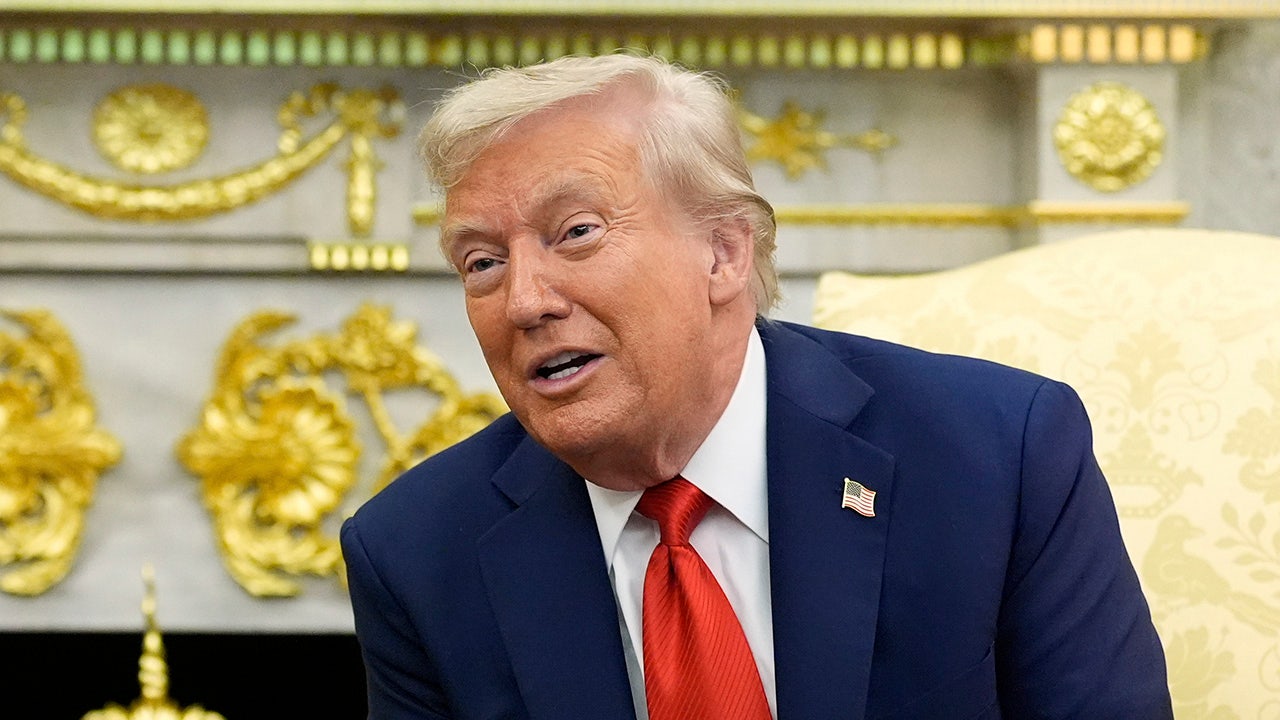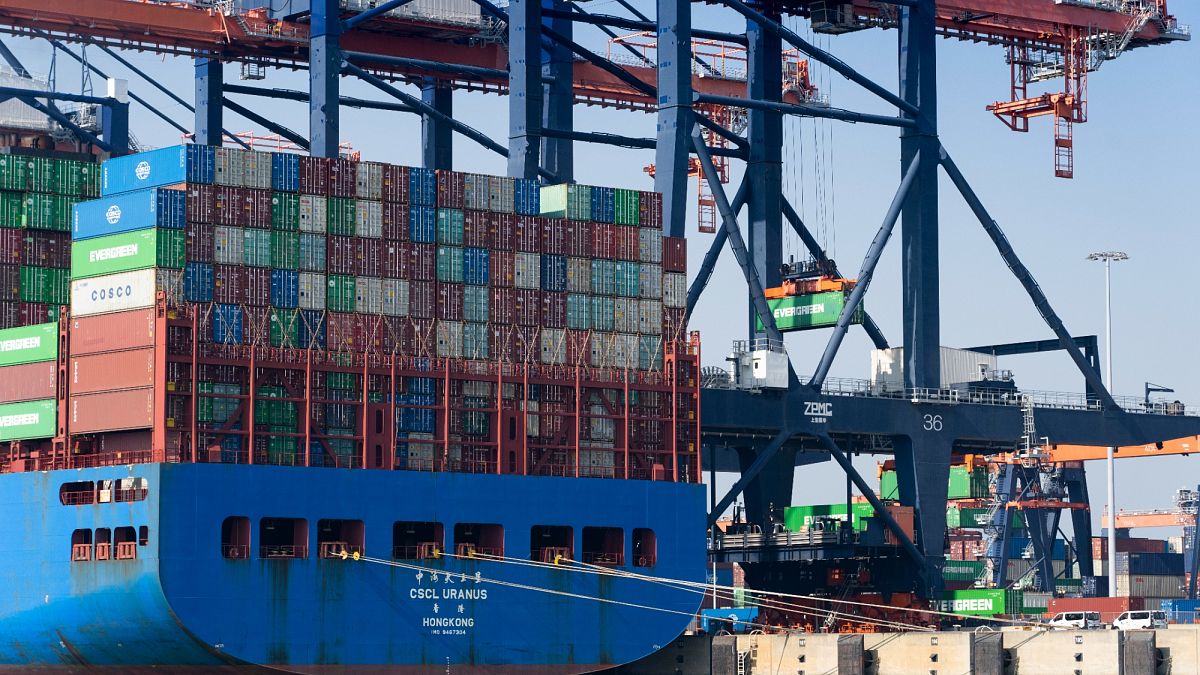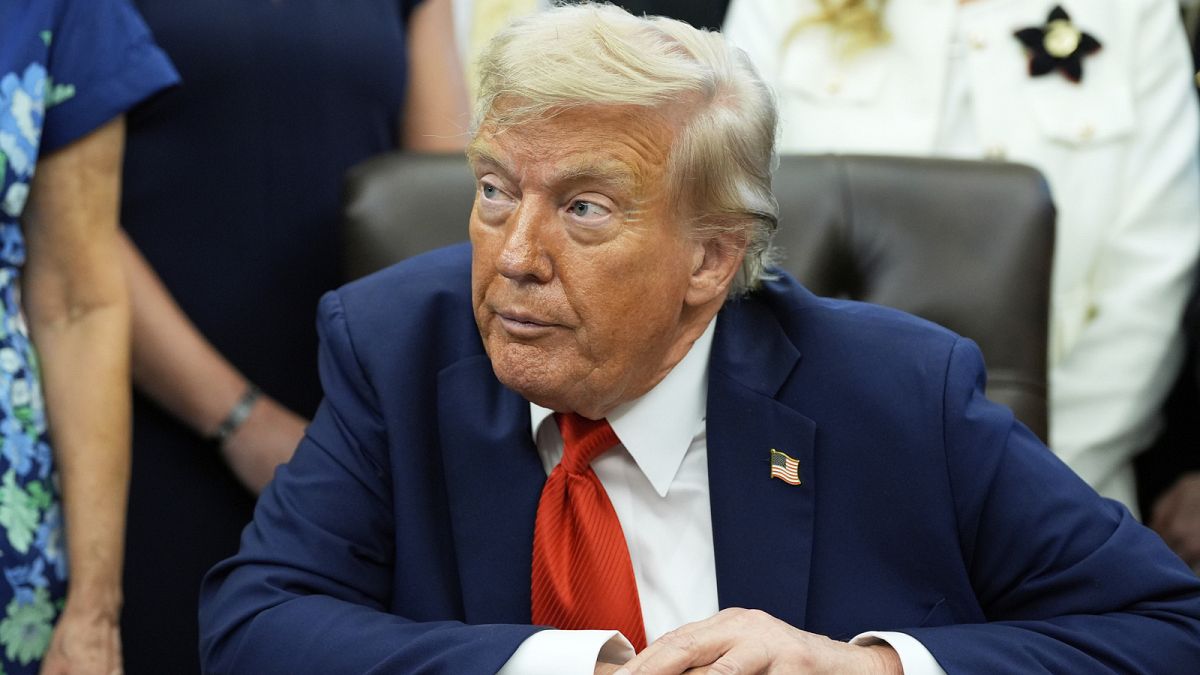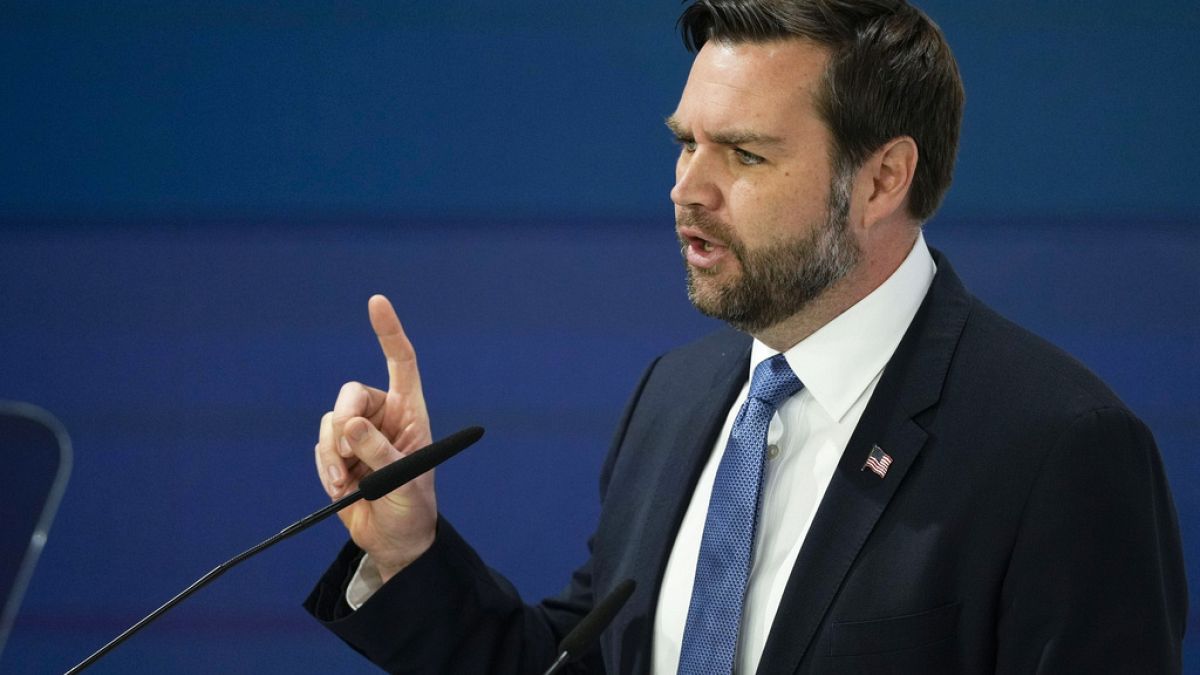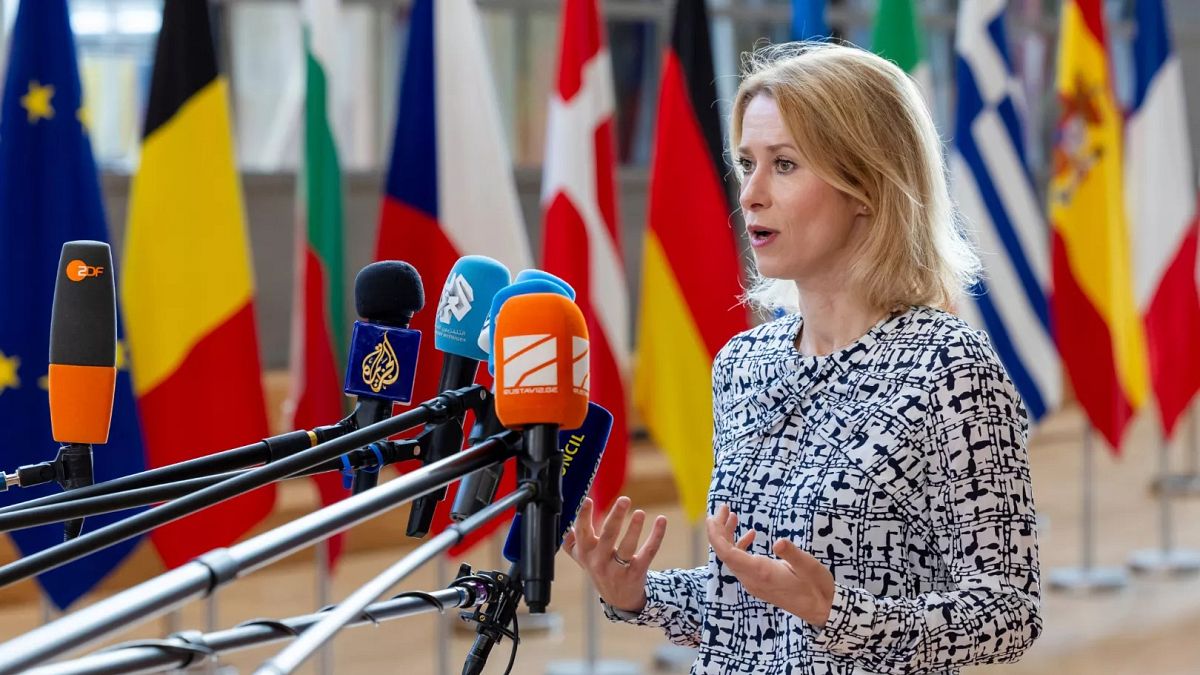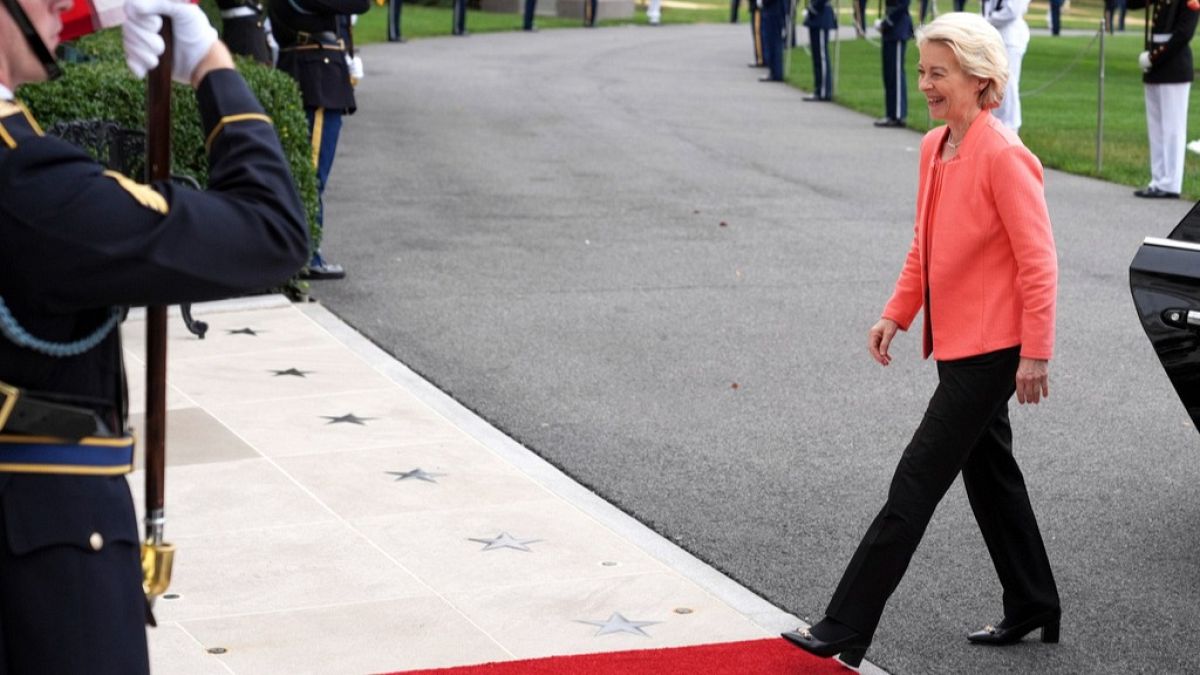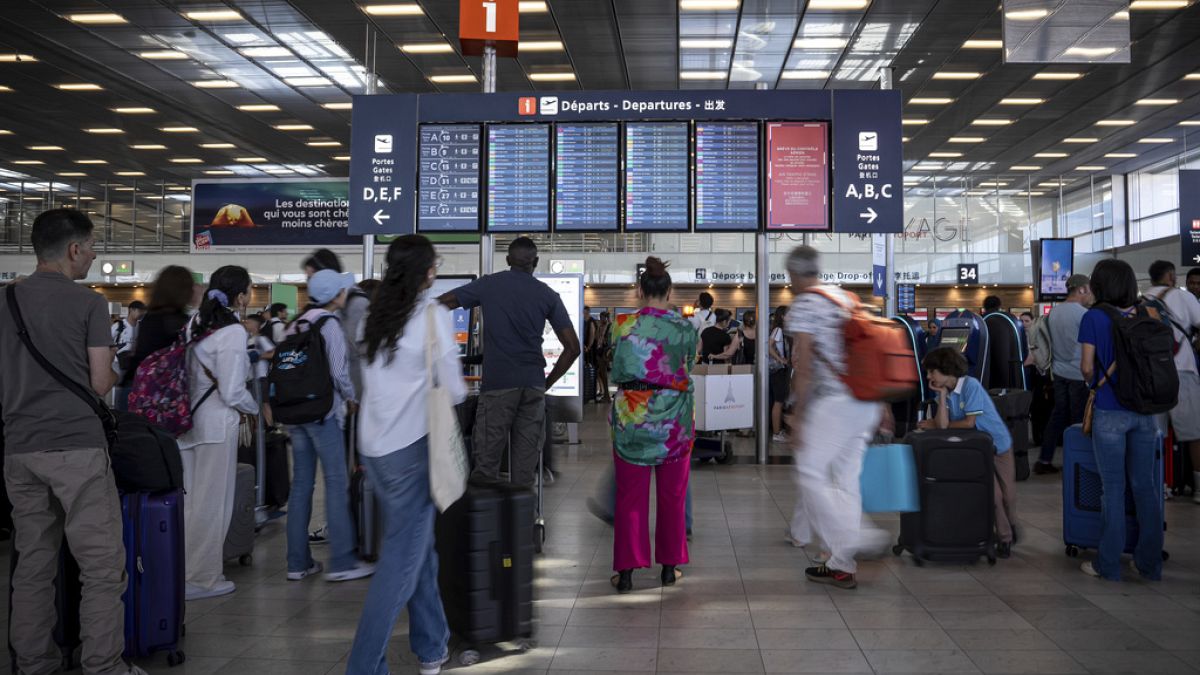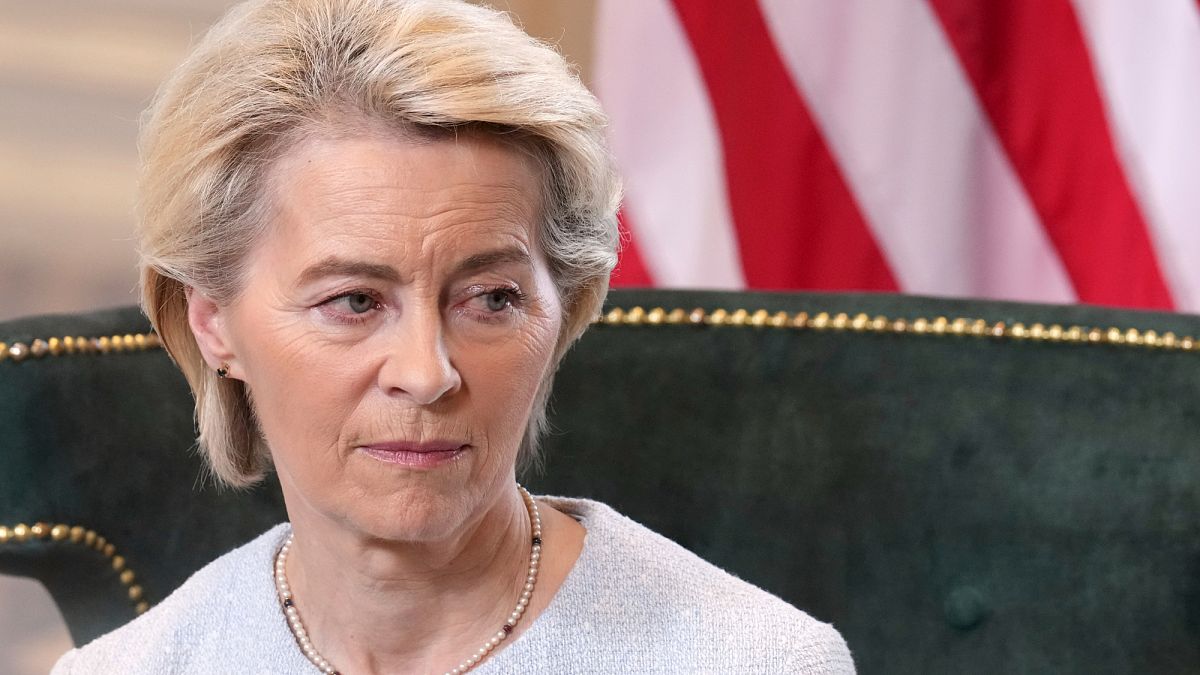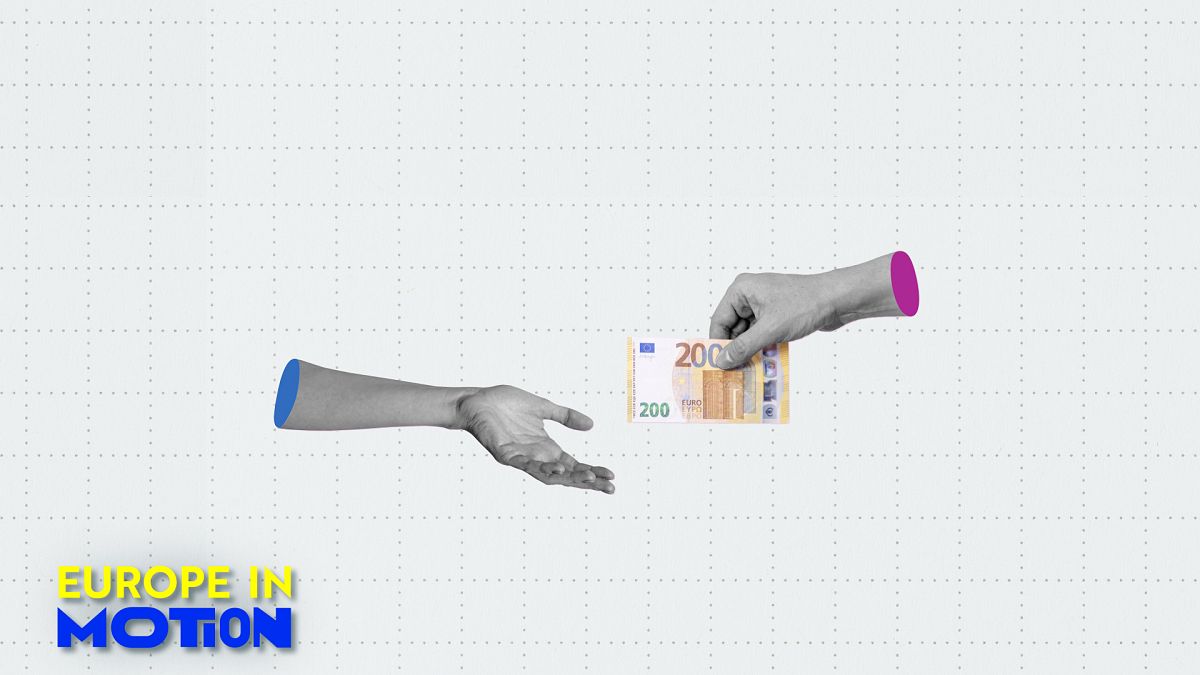ADVERTISEMENT
Several EU countries are pushing to use a forthcoming EU strategic deal over the Mediterranean to drop trade barriers with selected North African and Middle Eastern states and having them “align with EU single market rules”, according to a European Commission document seen by Euronews.
The proposal is outlined in a summary prepared by the European Commission before April 2025 seen by Euronews, which contains inputs by EU member states, partner countries, and stakeholders, on the upcoming Pact for the Mediterranean.
Diversifying trade exchanges away from Russia and China has been emphasised by European Commission president Ursula von der Leyen since the beginning of her second mandate.
The pact for the Mediterranean, expected to be presented by the EU executive in mid-October, is intended to establish combine existing with new bilateral agreements between the EU and selected Mediterranean countries across various sectors.
The pact relates to Algeria, Egypt, Israel, Jordan, Lebanon, Libya, Morocco, Palestine , Tunisia and Syria.
“Consultations will also seek to incorporate the perspectives of neighbours, notably the Gulf countries and Türkiye, recognising their significant strategic interests, contribution and influence within the region,” the document reads.
Through this initiative, the European Commission seeks to strengthen integration in the Mediterranean region, particularly in light of commercial instabilities with traditional allies such as the United States.
“Many [EU member states] propose modernising existing agreements and eliminating trade barriers, with calls to align with Single Market rules and support convergence in sectors like digital, energy, environment, and labour standards,” the document reads.
However, this is not the first time Brussels has attempted to launch trade integration among Mediterranean countries. In 1995, on the occasion of the so-called “Barcelona Declaration”, the partners agreed to create a Euro-Mediterranean Free Trade Area (EMFTA), which has never been realised.
The EU already has a preferential trade agreement with Mediterranean countries, outlined in the Pan-Euro-Mediterranean Preferential Rule of Origin, known as the PEM Convention, a multilateral trade agreement which harmonises rules of origin.
That Convention includes EU countries, EFTA members, the Western Balkans, Mediterranean partners, Georgia, Ukraine, and the Republic of Moldova.
But the document related to the Mediterranean Pact seen by Euronews indicates that EU member states are seeking to go further in trade links with the region.
“Some [EU member states] highlight the importance of inclusive trade, lower tariffs, and practical market access through tools like Global Gateway and [PEM Convention]. Some advocate for modernising the [PEM Convention] to reflect current EU trade deals and identify trade as the area with the greatest potential for joint and coordinated action,” the document says.
EU market alignment’s desire
Partners have points of convergence in trade related matters, according to the document, but they have also a desire for “regulatory alignment, market access and support for local producers”.
“Support for regulatory harmonisation to attract investment and build joint value chains in digital, transport, and clean energy is expressed,” the document says, referring to inputs from Mediterranean countries.
“Cross-border agro-industrial value chains, customs modernisation, green label export schemes, and adoption of amended PEM rules of origin are also proposed. Emphasis is also put on simplifying trade procedures, supporting SMEs and green enterprises, and easing non-tariff barriers through structured dialogues,” the document adds.
Aligning with the EU digital governance and customs system as well as simplification of border procedures are also matters of interest for partner countries.
“Proposals include [General Data Protection Regulation]-inspired laws and e-government tools, and peer exchanges to support convergence,” the document reads.
“A group of partner countries prioritises convergence in clean energy and environmental standards,” the document added.


